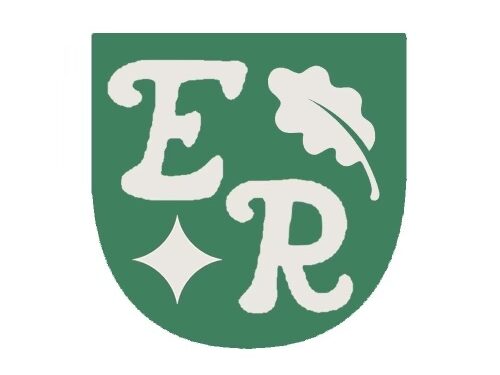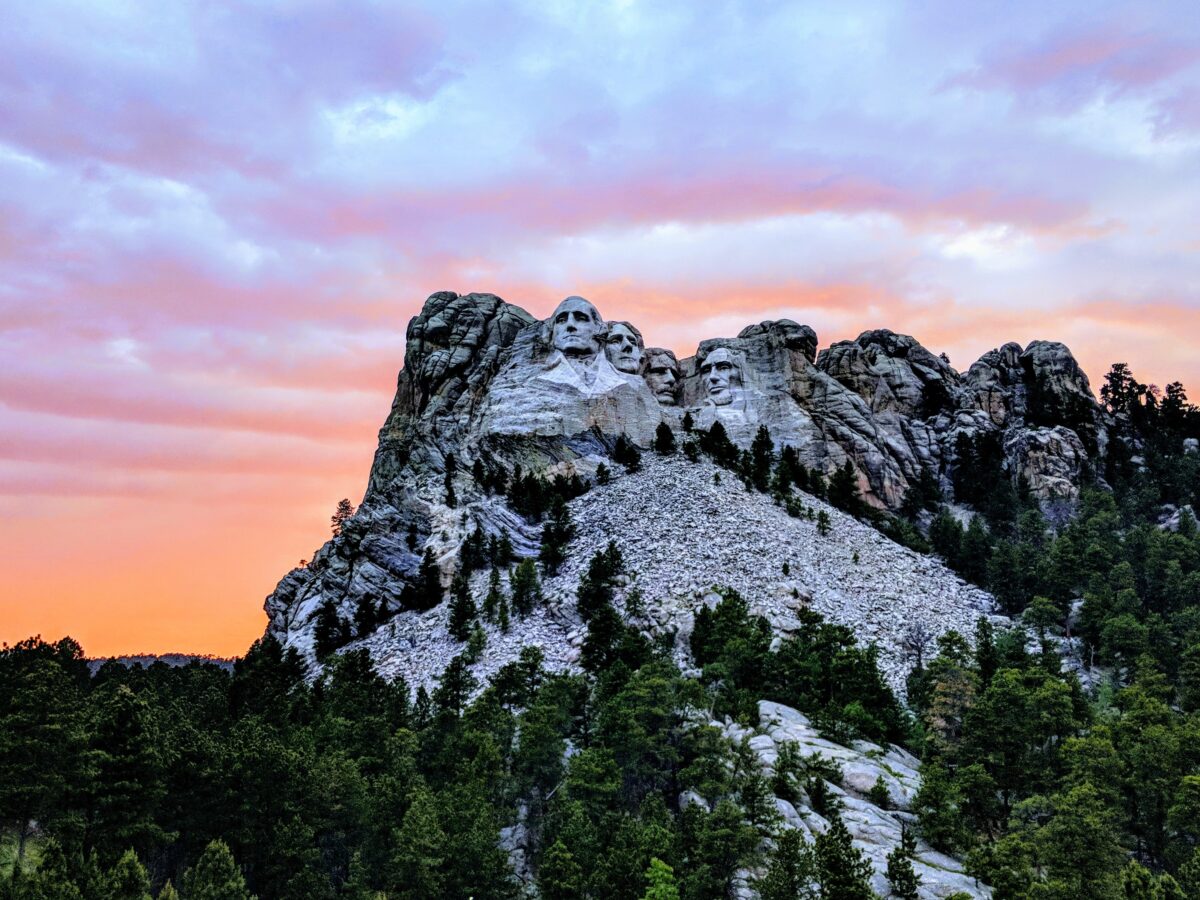National parks are public land protected by the United States government which has been tasked with wildlife conservation for generations. They exist throughout the nation and remain some of the most spectacular tourist sights. However, national parks have been struggling to afford the overwhelming cost of maintenance and convenience required to keep the lands running. As of early 2020, the National Parks Service (NPS) announced that they have accumulated a $12 billion dollar maintenance backlog. Additionally, parks across the country have experienced substantial understaffing of their various parks and programs.
NPS is primarily funded by the U.S. Congress via mandatory funds as well as annual appropriations. Appropriations are congressional laws that authorize federal agencies the right to make payments from the treasury. Despite government funding, the coronavirus pandemic exacerbated the deficit due to nationwide temporary park closure and decreased revenue. According to NPS, national park visitation and visitor spending dropped by 31% in 2020. The increasing financial burden has created pressure to privatize their federal land.
The Department of the Interior (DOI) is an executive department of the United States federal government involved in national park affairs. Established by Congress in 1849, it became responsible for the conservation and management of federal and natural land. In 2017, the DOI attempted to form a committee of representatives from different recreational industries that was meant to advise the Secretary of the Interior regarding park management. The committee devised a plan to privatize campgrounds within national parks in an effort to modernize the lands and increase revenue. This would have included the addition of expanded Wi-Fi, food trucks, and Amazon deliveries. However, intense public backlash against the committee halted all plans within two months.
The intense public opposition to privatization typically stems from a misunderstanding of the term. Most efforts to privatize national parks have intended to maintain them as public lands yet privatize many of the services such as operating campgrounds, cleaning bathrooms, renting equipment, and paving roads. A major concern, however, comes from the possibility of privatizing the roles of park rangers and other park specialists. Park rangers are responsible for educating visitors and monitoring the land by essentially being the middleman between NPS and the tourists. Emily Douce, Director of Park Funding at the National Parks Conservation Association, believes that privatization of these jobs would pose a threat to the national park conservation efforts due to a loss of staff who are knowledgeable about the land and its history.
Despite disapproval, privatized services have already been put into effect in some state parks and smaller national parks that typically receive less visitor revenue. Lake Guntersville, a state park in Alabama, was closed by the state government in 2015 due to budget cuts following a severe statewide financial deficit. However, the grounds were able to reopen within a year due to a concession company named Recreation Resource Management (RRM). RRM was granted a contract from the Alabama Department of Conservation and Natural Resources to run the park on their behalf. The land is still public land, however, the services for maintenance and recreation have become privatized. The assistant director of Alabama’s State Parks Division announced that “RRM has been running [Lake Guntersville] and doing a fantastic job… it’s a net profit for us, and we were losing money before.” The owner of RRM, Warren Meyer, is a strong advocate for increasing national park service privatization. According to Meyers, “we’re being asked to come in and provide the capital to refurbish the campgrounds or provide amenities that governments can’t really appropriate. We like the parks; we’re not trying to turn them into McDonald’s or used car lots.”
Despite the success of Lake Guntersville, not every privatization effort has proven to be as fruitful. In 2008, the Oklahoma state government sold 750 acres of the popular Lake Texoma State Park for $15 million to a private development company called Pointe Vista. The company had plans to turn the state park into a resort, however they only performed mild demolition before abandoning the land. Merle Steele, a local who serves as president for an association that opposed the deal, said: “They convinced the public that they were going to do great things, wonderful things. As soon as the paperwork was done, everything was shut down…the community lost the last tourist attraction in Marshall County. They made promise after promise after promise until they got what they wanted.”
National parks and forests are critical for local economies. Park visitors spend approximately $14.5 billion dollars annually in communities within 60 miles of the park. This includes restaurants, hotels, and other local businesses. These communities are dependent on these parks as tourist attractions to bring in revenue. If anything were to happen to the parks due to privatization, such as what happened in Oklahoma, it would likely result in economic devastation for these communities.
A historical precedent of threats to federal funding as well as recreation industry lobbying has raised suspicion within environmental groups that the increasing pressure on federal land to privatize is intentional. In 2006, the Bush administration proposed a plan to raise money involving the auctioning of over 300,000 acres of national parkland. Again in 2017, the Trump administration’s budget intended to cut NPS funding by 17%. Additionally, the DOI’s attempt to include private companies on the 2017 committee raised concerns about the private influence on park management and legislation. This committee included various motorized vehicle companies, which have been advocating for increased vehicle presence in parks despite environmental specialists’ disapproval.
Environmental groups distrust the privatization of national parks and forests due to fear that the original mission of conservation will be lost due to corporations taking advantage of NPS’s dire financial situation. Privatization of land has already proven to be a gamble based on the intentions of the company that buys it. The Wilderness Committee, a Canadian non-profit environmental education organization, made a statement disproving the privatization of national parks saying that privatized services are a slippery slope leading to privatized land, where the fate of the last natural regions would be held in the hands of those driven by profit.
Donate to the United States National Parks Conservation Association at www.npca.org to help support the integrity of our nation’s parks and forests.
Sources
Brown, Alex. “Privatizing State Parks Can Save Them – or Wreck Them.” The Pew Charitable Trusts, 3 Dec. 2019, https://www.pewtrusts.org/en/research-and-analysis/blogs/stateline/2019/12/03/privatizing-state-parks-can-save-them-or-wreck-them.
Dawe, Charlotte. “The Case against Parks Privatization.” Home, 23 Feb. 2021, https://www.wildernesscommittee.org/news/case-against-parks-privatization.
Holden, Emily. “WIFI, Amazon and Food Trucks: Trump Team’s Vision for National Parks.” High Country News, 7 Nov. 2019, https://www.hcn.org/articles/national-park-service-wifi-amazon-and-food-trucks-trump-teams-vision-for-national-parks.
Layden, Logan. “Settlement over Texoma Park Privatization Worries Locals, Costs State | Stateimpact Oklahoma.” NPR, NPR, 14 July 2016, https://stateimpact.npr.org/oklahoma/2016/07/14/settlement-over-failed-texoma-park-privatization-worries-locals-costs-state/.
More, Thomas A. “The Privatization of Public Lands.” Forest Service: U.S. Department of Agriculture, Apr. 2007, https://www.fs.usda.gov/treesearch/pubs/12668.
National Park Foundation. “How Are National Parks Funded?” National Park Foundation, 2022, https://www.nationalparks.org/connect/blog/how-are-national-parks-funded.
National Park Service. “National Park Visitor Spending Contributed $28.6 Billion to U.S. Economy in 2020.” National Parks Service, U.S. Department of the Interior, 10 June 2021, https://www.nps.gov/orgs/1207/vse2020.htm.
National Parks Conservation Association. “Support Increased National Park Funding.” National Parks Conservation Association, 2022, https://www.npca.org/advocacy/21-support-increased-national-park-funding.
Roop, Lee. “15 State Parks on Closure List.” Alabama.com, 15 Apr. 2015, https://www.al.com/news/2015/04/report_guntersville_and_joe_wh.html.
Solomon, Adina. “National Parks Could Become Privatized. What Does That Mean?” Travel, National Geographic, 23 Apr. 2020, https://www.nationalgeographic.com/travel/article/privatization-coming-to-national-parks-what-does-that-mean.
Zaffos , Joshua. “RV Industry Lobbies to Privatize Services on Public Lands.” High Country News – Know the West, 29 Sept. 2017, https://www.hcn.org/articles/economy-rv-industry-lobbies-to-privatize-more-services-on-public-lands.

